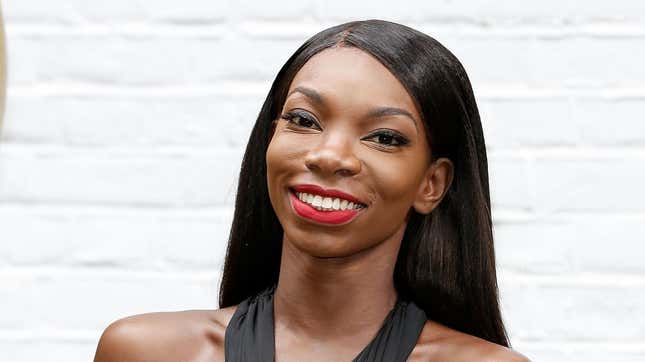

If you’re not already watching Michaela Coel’s new HBO/BBC show I May Destroy You, I kindly request that you set aside some time tonight to peek out of that rock and catch up on the show. The series follows Coel as a writer named Arabella, who in the midst of filing her next book is drugged and raped after a night out in London, inspired by Coel’s own experiences. While Arabella tries to reckon with the assault, which comes back in shaky, disorienting flashbacks, the show explores issues of consent and sex within her social circle.
-

-

-

-

-

-

-

-

-

-

-

-

-

-

-

-

-

-

-

-

-

-

-

-

-

-

-

-

-

-

-

-

-

-

-

-

-

-

-

-








































